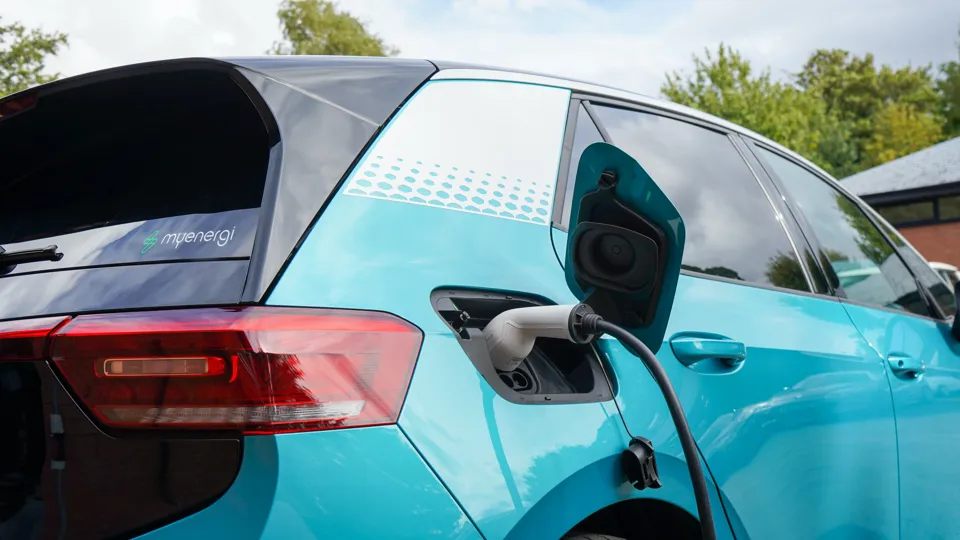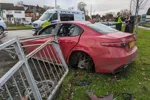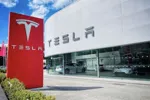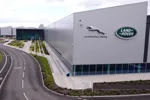Dealers have shared concerns that the Government's Zero Emission Vehicle (ZEV) Mandate will create a forced new electric vehicle (EV) market in 2024.
The ZEV mandate will require more than a fifth (22%) of cars and 10% of vans sold by manufacturers to be electric at the start of 2024.
If a car manufacturer misses the target, it will be made to pay the Government £15,000 for every car that doesn't comply. For vans, manufacturers will have to pay £9,000 per vehicle next year, before the van payment increases to £18,000 for the rest of the regulation’s timeframe.
It will essentially force car manufacturers to increase EV sales, but dealers aren’t sure there is sufficient demand to take those extra vehicles.
A JudgeService Dealer Barometer polled the views of 100 dealers to identify the key trends likely to impact EV sales from 2024.
Dealers indicated the effectiveness of the ZEV Mandate in encouraging consumer EV sales will be negated by the Government’s decision to push back its 2030 ban on new internal combustion engine (ICE) vehicle sales until 2035, giving consumers more time to consider a switch to an EV.
The research found 39% of dealers believe the delay will negatively impact demand for EVs.
Most dealers (70%) thought the Government’s original deadline of 2030 was unachievable and 80% do not support the Labour Party’s current policy of reinstating it.
Neil Addley, managing director of JudgeService, said: “Our research shows how most dealers don’t think the introduction of the ZEV mandate will succeed in boosting EV sales among consumers
“This means carmakers might try to avoid hefty fines by forcing the new car market through self-registrations and demonstrators, as well as encouraging local business and fleet sales.”
Addley said the delay of five years for the ICE ban will mean customers will be less likely to consider transitioning to EVs in their next buying cycle because they have been given more time to do so.
He said: “From 2024 dealers will face a dilemma; more new EVs will be available from carmakers but demand could be muted as consumers make the most of their reprieve and buy ICE cars instead.”
Fleet and local businesses
The research also found nearly half of dealers (47%) have already changed the way their businesses operate in readiness for the original ICE ban, while 24% will wait until closer to the 2035 ban.
Of those dealers who have started the process, over a third (36%) said they have already changed the way their service departments operate in readiness for increased EV throughput. While over half (54%) of those waiting until closer to 2035 have not yet seen a shift from ICE to EVs for new or used sales.
Addley added: “The best strategy for dealers is to target fleet and local business EV sales in 2024 to compensate for the lack of consumer appetite.
"While OEMs should consider using the strength of their existing model names to transition to EV – sticking an E on the back of a well-known car is more sensible than inventing a whole new model line-up.”

















Login to comment
Comments
No comments have been made yet.